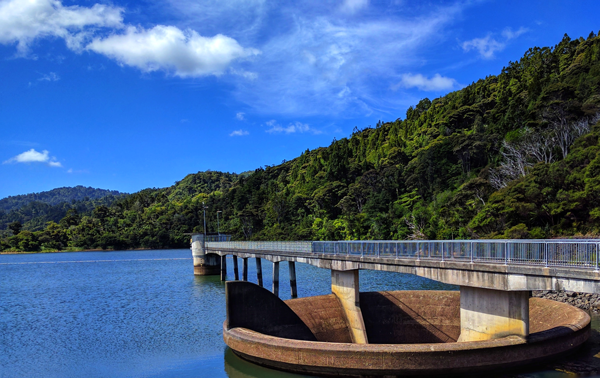Water policy in New Zealand is in limbo after the October election, with the incoming National led Government vowing to repeal the Three Waters reform legislation passed under the previous Labour Government.
Although the reform bill was only passed in August, National Prime Minister Christopher Luxon is committed to scrapping the Three Waters plan in its original form but the full shape of what the new Government is proposing is not yet clear.
The legislation passed in August would create 10 water services entities and take responsibility for water away from 67 local councils.
The reforms came after a review found dilapidated pipes and other water infrastructure across the nation would cost NZ$120 billion to NZ$185 billion to fix.
This was deemed to be too much of a burden for ratepayers, so the plan was that the new entities would be able to raise debt to improve infrastructure and deliver services.
One aspect of the reforms which the new National led government is expected to scrap is co-governance with Iwi, or Maori communities.
Under the Labour plan, Iwi would have 50% representation on oversight bodies which would appoint the boards of the new water management entities.
National went to the election with a plan for the councils to retain ownership of water assets, but under stronger government oversight which would include requirements for council to budget for water infrastructure.
Already, however, there has been a negative response to scrapping Three Waters and it has come from international ratings agency Standard & Poors, which has warned that giving responsibility for water back to the council could impact their credit ratings, making it more expensive and difficult for them to raise funds.
Some councils are also against the National plans.
Auckland Mayor Wayne Brown has warned that if National’s water policy goes ahead, water bills will either double over the next four years or the city will have to stop fixing the pipes.
Wellington mayor Tory Whanau has told local media that leaving the water infrastructure on council balance sheets will have a significant impact on the long-term plans for Wellington and every other council.
“The reality is we cannot afford it,” he said.














